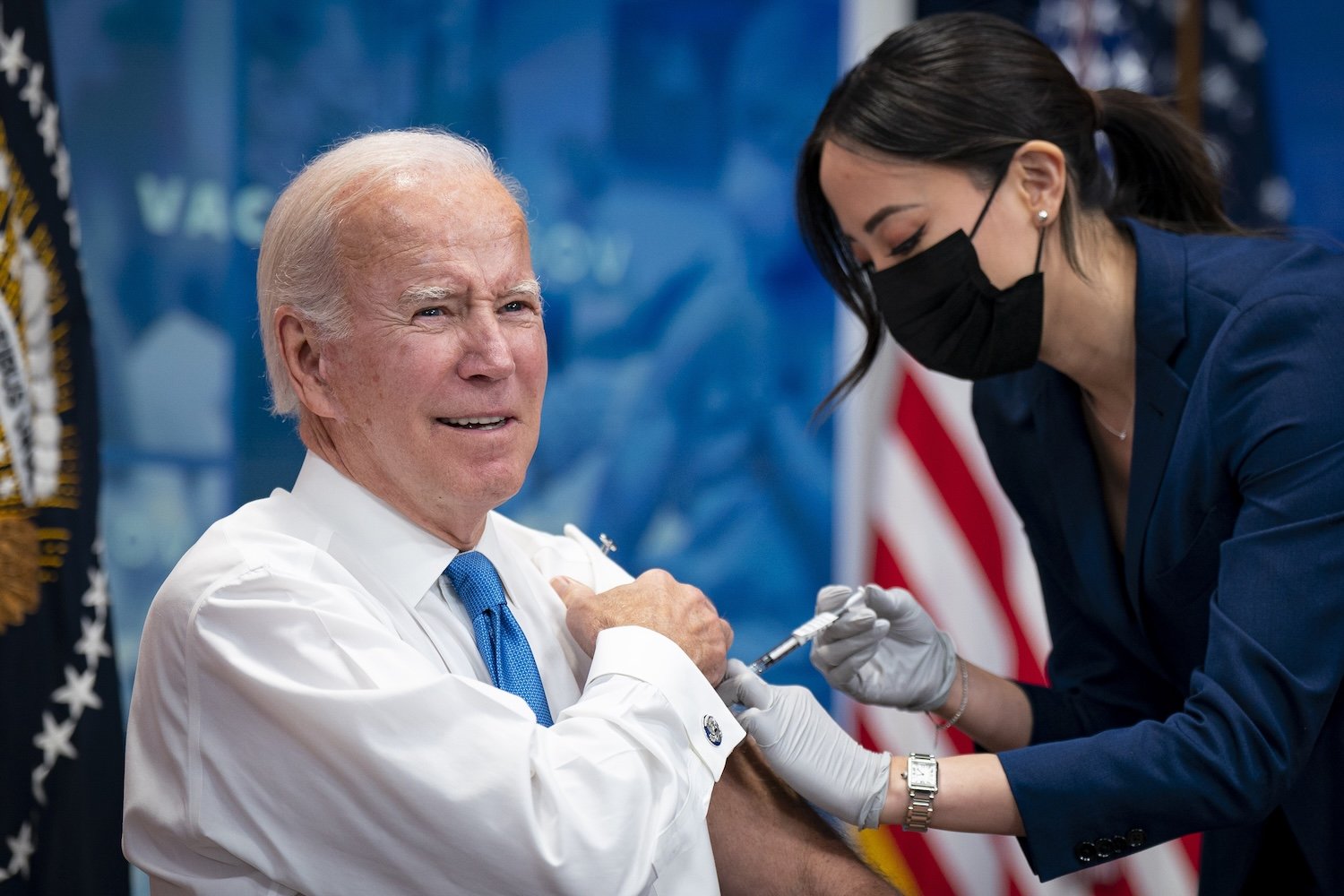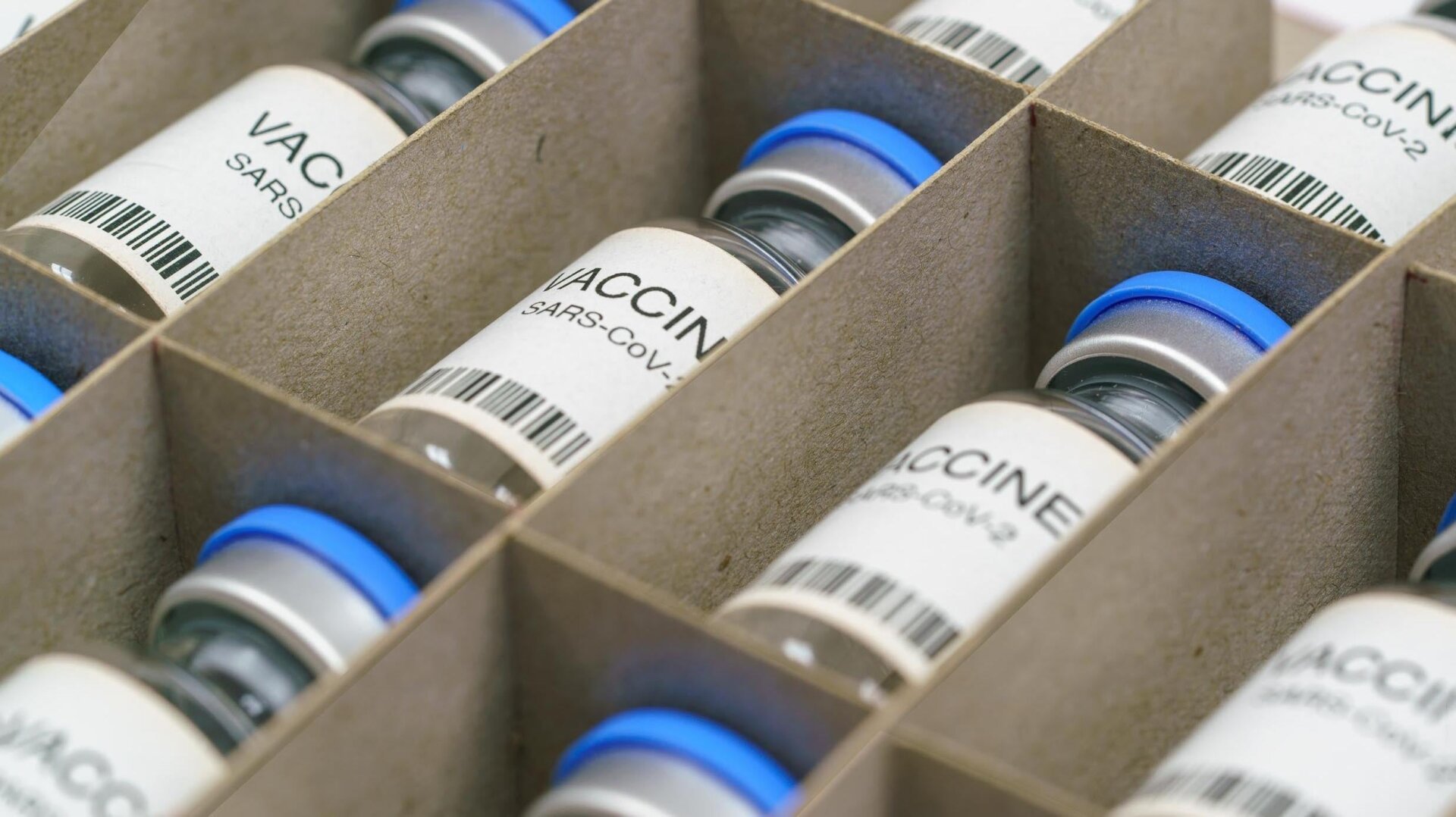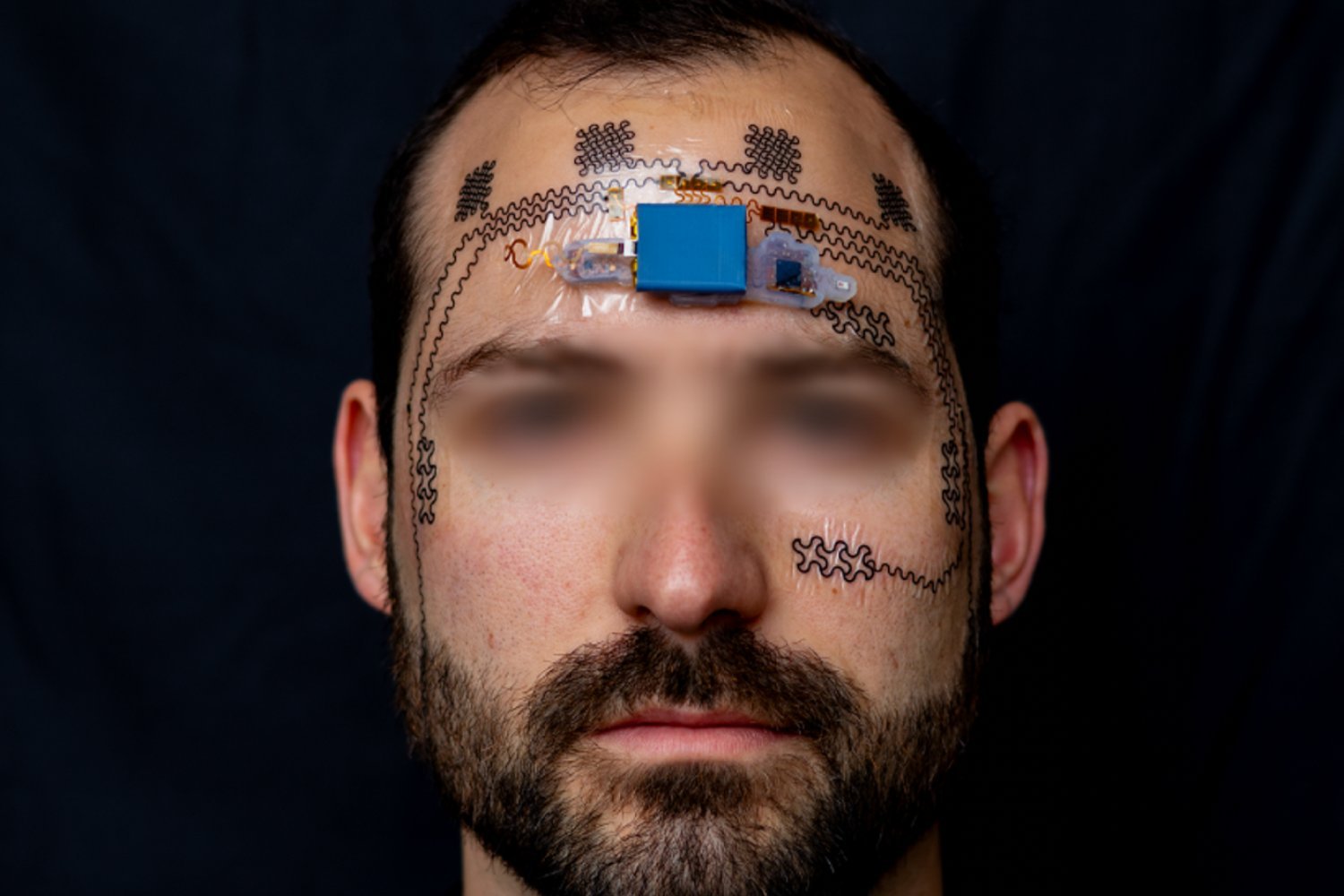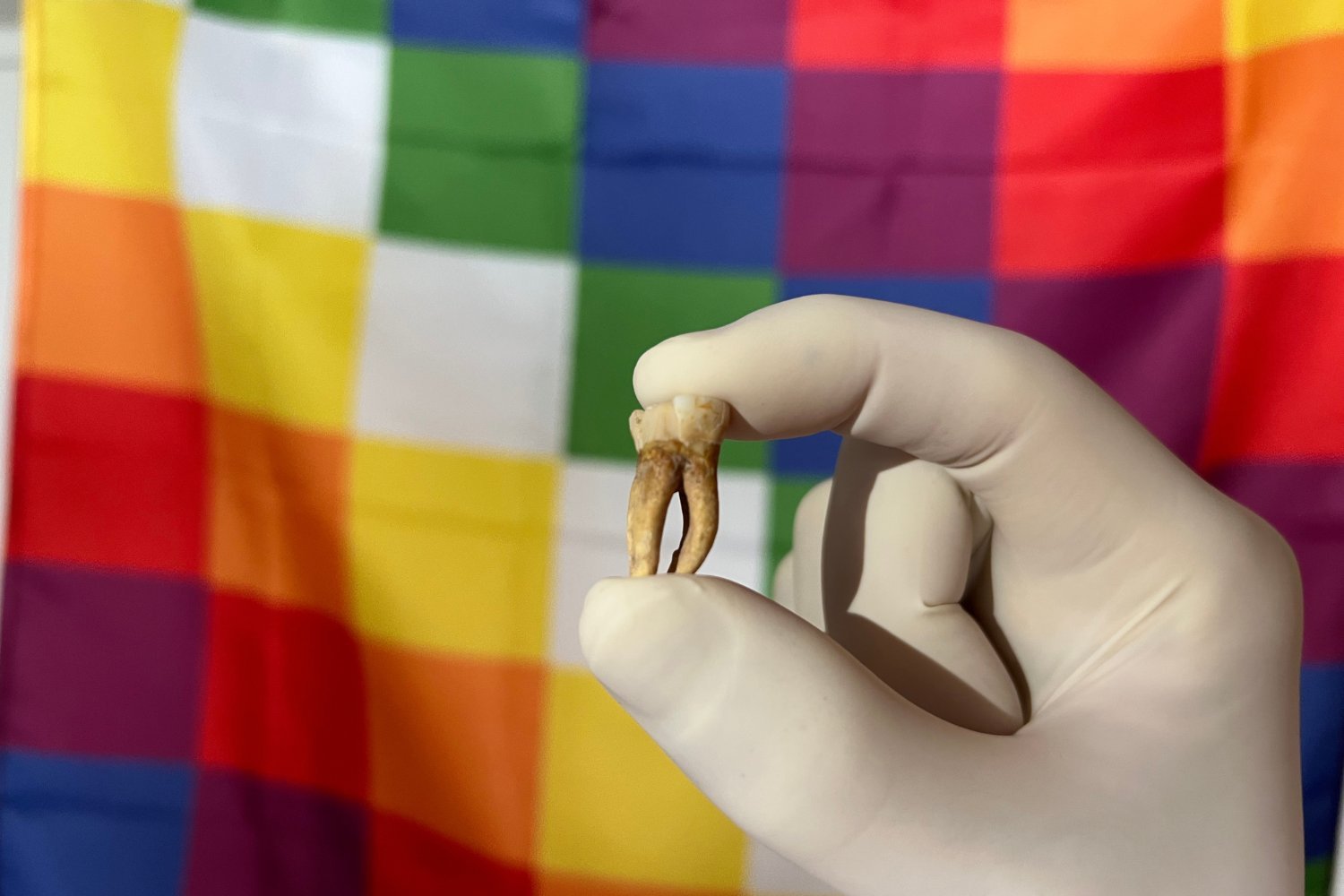News of President Joe Biden’s prostate cancer diagnosis quickly became fodder for a familiar pattern of online misinformation. Almost immediately, social media platforms buzzed with speculation, prominently featuring the term “turbo cancer” and unfounded assertions linking his illness to COVID-19 vaccines. This narrative, while gaining traction in certain online circles, lacks any scientific basis.
The “Turbo Cancer” Narrative: How Misinformation Spreads
The term “turbo cancer” began circulating widely, particularly among those skeptical of medical science and COVID-19 vaccinations. Proponents of this theory suggest an unnaturally aggressive form of cancer supposedly triggered or accelerated by the vaccines. For instance, Kristi Leigh of LindellTV amplified the idea on X, questioning if Biden’s diagnosis was a “turbo cancer related to his ‘rolling up the sleeve’ in the White House?” Her guest who proposed this was Ben Tapper, a chiropractor with a history of promoting anti-vaccine content.
Similarly, Peter A. McCullough, a former cardiologist who previously promoted unproven COVID-19 treatments and was sued by Baylor University Medical Center for spreading misinformation, claimed in an Instagram video that Biden’s condition met “all the definitional criteria for turbo cancer… cancer on overdrive.” Facebook users also contributed to the spread, with posts asserting Biden had “turbo cancer” and sarcastically using hashtags like #SafeAndEffective to imply a vaccine connection.
What Medical Science Says About “Turbo Cancer” and Vaccines
Despite its prevalence in online discourse, “turbo cancer” is not a recognized medical term or diagnosis. It is a colloquial label created on social media to describe rapidly progressing cancers. President Biden’s prostate cancer reportedly has a Gleason score of 9. According to the Cleveland Clinic, the Gleason score grades prostate cancer, with 6 being low grade and 10 indicating high-grade cancer.
Crucially, there is no scientific evidence to support the claim that COVID-19 vaccines cause or accelerate cancer. As an AFP fact-check on these claims notes, while aggressive cancers can develop quickly and routine screenings may sometimes miss them, this is not linked to vaccination. Medical and scientific communities worldwide have extensively monitored vaccine safety and found no such causal relationship.
The Wider Implications of Vaccine Disinformation
The “turbo cancer” myth is part of a larger, persistent wave of vaccine disinformation. This environment of skepticism is further complicated by figures like Robert F. Kennedy Jr. potentially influencing health agencies such as the CDC and FDA. Recent reports indicate the FDA plans to limit access to future COVID-19 vaccines primarily to individuals over 65 and those with underlying health conditions.
Figures like FDA Commissioner Martin Makary and FDA vaccine head Vinay Prasad have also publicly questioned the broad utility of COVID-19 vaccines for all population segments. Such policy shifts could make it more challenging for healthy adults to access annual COVID-19 shots, especially if health insurance companies reduce coverage based on these evolving recommendations, further fueling public uncertainty.
Conclusion
The assertion that “turbo cancer” is a real medical condition caused by COVID-19 vaccines is entirely unfounded and not supported by scientific evidence. It represents a dangerous form of health misinformation. It is vital for the public to rely on credible medical sources, peer-reviewed scientific research, and trusted health organizations for information. Maintaining critical thinking and vigilance against online misinformation is essential for making informed health decisions.











